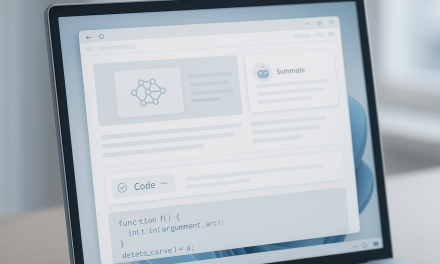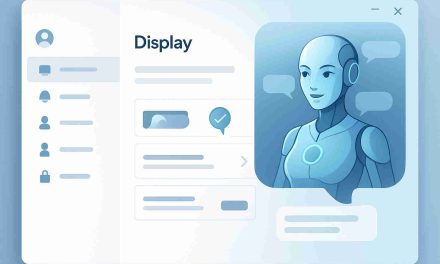TL;DR
The UK’s MHRA has opened a second application round for developers to test AI MedTech solutions, aiming to streamline AI software testing and accelerate innovations in medical software development.
AI Software Testing Gains Momentum with MHRA Initiative
AI software testing has reached a significant milestone as the UK’s Medicines and Healthcare products Regulatory Agency (MHRA) announces the second round of applications for its pioneering AI technology evaluation program. This initiative, part of the agency’s ongoing efforts to leverage artificial intelligence in healthcare, offers AI developers a pathway to test their next-gen medical technologies. Opened this month, the program is designed to help software developers expedite testing and regulatory compliance, significantly reducing time-to-market for AI-driven health solutions. Under the MHRA’s structured framework, technology providers can conduct rigorous testing to confirm the safety, effectiveness, and reliability of their AI-based medical solutions. By enabling controlled, real-world testing environments, MHRA seeks to ensure AI medical tools deliver accurate diagnostics, improved patient outcomes, and enhanced data security and ethical compliance.
Importance of AI Software Testing in Digital Health
Effective AI software testing methodologies are vital in the rapidly evolving digital health landscape, especially in medical scenarios where accuracy and safety are non-negotiable.
The MHRA’s approach highlights three core testing elements: clinical performance validation, algorithmic transparency, and practical reliability. Ensuring AI tools adhere strictly to these principles greatly reduces risks linked to biases, faulty diagnostics, or unexpected algorithmic behaviors. Furthermore, comprehensive, standardized testing practices assure healthcare practitioners and patients alike of the efficacy and consistency of AI-powered tools. For software engineers and developers, MHRA’s initiative underscores the critical role testing plays within the development lifecycle. Robust AI testing not only identifies vulnerabilities early in the development cycle but also contributes to overall cost savings and faster product approvals.
Future Trends in AI Quality Assurance
Given MHRA’s leadership, what can software developers expect in the realm of AI software testing in the future?
Industry experts anticipate streamlined regulatory guidelines that simplify approvals and integration of AI technology into clinical workflows. This trend promises greater clarity, more straightforward compliance paths, and opportunities for software testing professionals to specialize further in AI-enabled quality assurance and regulatory compliance. Developers and QA teams should also expect growing reliance on simulation-driven testing strategies. Such methods allow the rapid validation of AI’s clinical capabilities through virtual scenarios, reducing real-world testing constraints and accelerating innovation. Consequently, AI software testers are likely to embrace specialized tools designed explicitly to validate advanced machine learning and generative AI technologies.
MHRA’s ambitious move not only opens crucial opportunities for AI developers but also emphasizes the increasing need for precise, robust software testing in healthcare. As AI technologies become more central to medicine, continuous evolution of standardized and effective testing platforms will grow in importance. Are you a software developer eager to specialize in AI quality assurance and regulatory compliance? Staying ahead of these trends and challenges provides opportunities to lead innovation and shape the future of digital health solutions. Share your views and insights in our LinkedIN Group at https://www.linkedin.com/groups/13223003/
Original resource for this article: https://www.med-technews.com/news/latest-medtech-news/mhra-opens-second-round-of-applications-to-test-cutting-edge/





